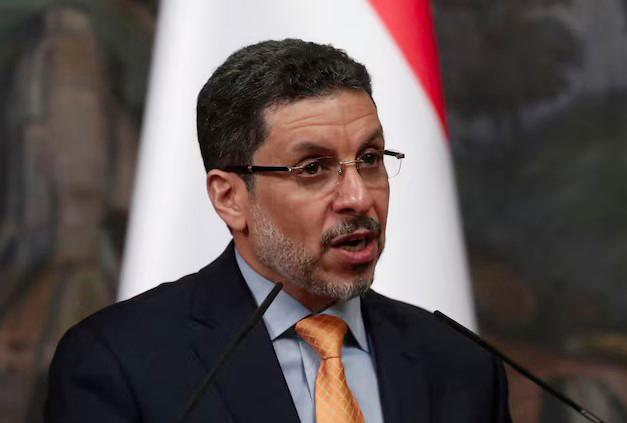DUBAI: The prime minister of Yemen said Saturday he has resigned after being unable to fully exercise his powers in a country where rebels control most population centres including the capital.
His move comes as the Iran-backed Huthi rebels wage a campaign of missile attacks on Israel and target shipping in key waterways in what they say is a show of solidarity with Palestinians over the war in Gaza.
The Huthis seized the Yemeni capital Sanaa in 2014, sending the internationally recognised government fleeing to the southern port city of Aden.
A Saudi-led military coalition intervened in support of beleaguered government forces the following year, but with little success.
“I have just met with His Excellency the Chairman of the Presidential Leadership Council, Dr Rashad Al-Alimi, and resigned as Prime Minister,“ Ahmed Bin Mubarak posted on X, also sharing his resignation letter.
“I could not exercise my constitutional powers and take the necessary decisions to reform government institutions or implement rightful governmental changes,“ his letter said.
Mubarak also said that despite the obstacles he managed to achieve “many successes in a short space of time”, citing fiscal and administrative reforms and an anti-corruption drive.
The war in Yemen has caused hundreds of thousands of deaths and triggered one of the world’s worst humanitarian crises, although the fighting has decreased significantly since the negotiation of a six-month truce by the United Nations in April 2022.
Since the war in the Gaza Strip broke out in October 2023 after Hamas attacked Israel, the Huthis have repeatedly targeted Israel and ships in the Red Sea and Gulf of Aden that they say are linked to it.
The Huthis paused their attacks during a recent two-month Gaza ceasefire, but in March threatened to resume attacks over Israel’s aid blockade of Gaza, triggering a renewed and sustained US air campaign targeting areas in Yemen that they control.








